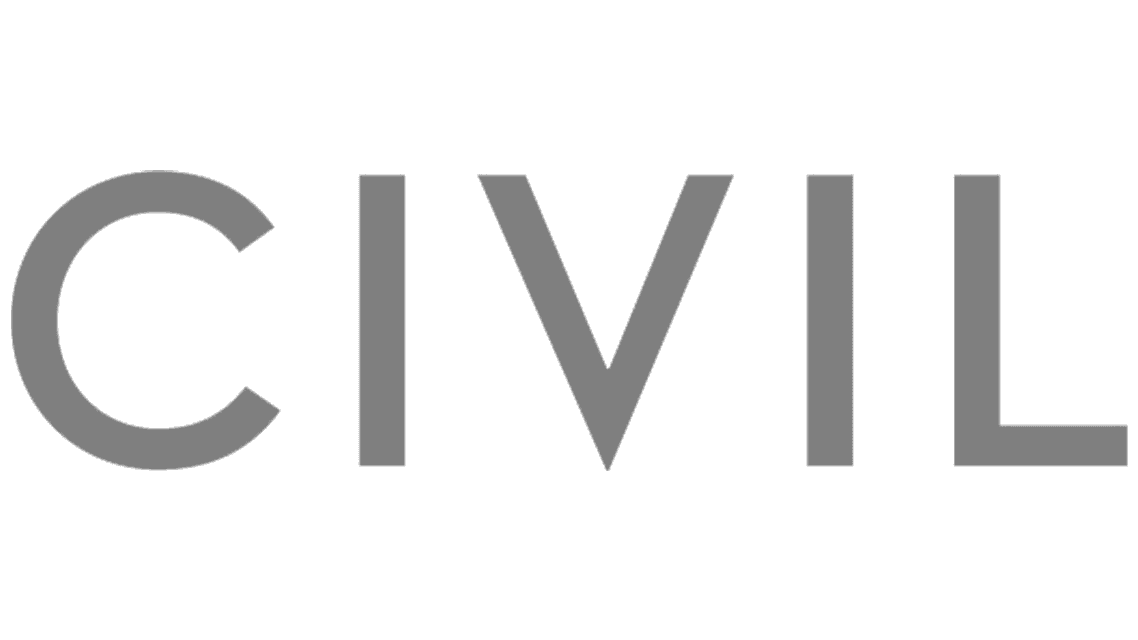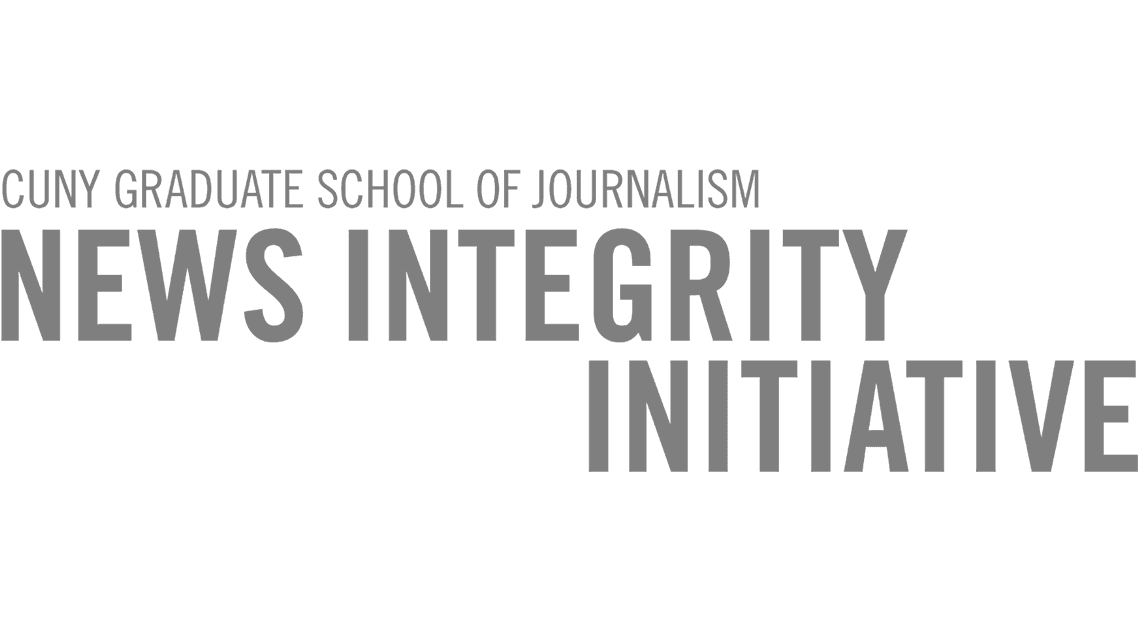
Case study
How Radio Feral is using youth media training workshops
In a nutshell
In Bosnia and Herzegovina, regional radio station Radio Feral is using media training as a tool to help young people from different ethnic groups find common ground and build peace in their community.
Background
- Founded in 1998, Radio Feral is based in Kalesija, a municipality in northeastern Bosnia and Herzegovina. It is an independent radio station, broadcasting 24 hours a day, with a coverage area of 320,000 potential listeners.
- Describing itself as ‘Radio that listens to you’, Radio Feral aims to broadcast content which is relevant to all nationalities, religions, generations and genders and that provides informative and educational content. It encourages listeners to participate actively in programming by offering them space to discuss current political, economic, social and other topics openly and honestly, without censorship.
- In addition to broadcasting on FM, online and via regional cable, it also creates filmed content which is then uploaded onto Youtube, Facebook and other social media platforms.
- Radio Feral is one of the few radio stations which is listened to and broadcast in both entities of Bosnia and Herzegovina and Republika Srpska.
- The region of Kalesija was greatly impacted during the Yugoslav wars. At present, the population of Kalesija continues to be made up of both Bosnian Muslims and Bosnian Serbs, two groups which fought during the war. The burden of this continues to weigh on the population and there is little communication or trust between the two groups, who co-exist in relative segregation.
- Although some progress has been made to reconcile bonds between the older generation, there has been little investment in rebuilding trust between young people. As a result, the younger generation is especially wary of its neighbours from different groups, meaning that they can live only 1km apart and still never meet each other. Schools continue to be segregated into those for Bosnian Serbs and those for Bosnian Muslims, another legacy from the war.
- Since its inception in 1998, Radio Feral sought to build peace in its community, viewing media as the best tool to achieve its aim. It does this through its inclusive programming, and through media training programmes for young people.
- Radio Feral employs nine full-time staff members: six journalists and three people working in finance and bookkeeping. It also hires freelance staff to carry out specific projects.
- In May, Radio Feral received an Emergency Fund grant of €10,000 from the European Journalism Centre through the European Journalism COVID-19 Support Fund.
How did they do it?
- Over the last 10 years, Radio Feral has engaged roughly 20 young people per year to attend media training programmes. Each programme can last up to 12 months and usually takes place on a weekly basis after school.
- The trainings bring together both young Bosnian Serbs and Bosnian Muslims. Radio Feral recruits participants by advertising the trainings in schools, community groups and NGOs. Partner radio stations based in Republika Srpska also support Radio Feral with recruitment to ensure a mix of participants.
- The programmes are aimed at young people between the age of 15 and 25, who usually come from the rural areas outside the city of Kalesija. They are especially popular with female participants.
- As well as teaching them how to broadcast and create media, each programme is centred around a topic which is relevant to the young people’s lives and which is chosen to encourage greater understanding and empathy between the groups. Previous topics include how to prevent peer violence in multinational environments, violence and terrorism, stories from the border and media literacy.
- When it began running the programmes, Radio Feral’s main objective was just to bring young people together in the same room, something that was extraordinary in itself. Now its aims are more advanced: the team hopes to educate and inspire young people, to provide them with an opportunity to meet each other, to rebuild trust and to increase their mobility within their area (such as visiting neighbouring villages they have previously been too afraid to go to), while also generating content which can help educate and broaden the minds of their wider community.
- Each training begins with a series of lectures centred around the topic of that particular programme. Radio Feral invites experts to deliver these lectures, such as university academics, psychologists, criminal scientists, media experts, social workers and religious figures such as priests and imams.
- After the initial series of lectures, trainees attend workshops together to discuss the topics covered in the lectures. They are encouraged to discuss ethical concerns in relation to their own community and consider solutions, such as how to overcome violence in their schools and on their streets.
- The final stage of the programmes consists of media training. The team at Radio Feral shares their expertise to show young people how to record and edit radio shows, videos and other media.
- After the programme has ended, the participants are asked to organise presentations for their own schools about what they learned, so that they can share learnings with their peers.
- The intention of the training is not only to change the mindset of the young people who are directly involved, but to change the mindset of the whole community. For this reason, each training project is closely linked to the radio station. At every stage the young people are supported to create multimedia content which is then aired on the radio, and published on the website and social media channels such as YouTube and Facebook. The team trains the participants to use social networks to spread their message, and teaches them how to edit material and maximise impact.
- After the training, young people record, produce and edit reports based on their learnings, which are then broadcast by Radio Feral.
- Initially, Radio Feral struggled to recruit participants for their programmes, however in the past years these have grown in popularity. The team believes this is partially due to the lack of free opportunities in their community, and due to the desire of young people to expand their knowledge and gain new skills. If the popularity of the trainings continues to grow at the current pace, the team would have to expand to manage the numbers of young people. At any given time, they have at least 10 young people in their office.
- The training programmes often involve high levels of collaboration with other institutions and radio stations based in other areas of Bosnia and Herzegovina and Republika Srpska. They are often supported by international organisations such as the US Embassy in Sarajevo, IOM and USAID, who provide funding and other support. However Radio Feral has also run the programmes for free in the past and would continue to do so if funding for these became unavailable.

What did they learn?
- Through the training programmes, the participants have an opportunity to learn that they have similar interests and hobbies. As a result, friendships have been formed which have sustained beyond the programmes and participants have been able to actively make a difference in their own communities.
- Young people who have taken part in the training are proud to share the content they produce with their peers through their own social media channels, allowing Radio Feral to reach a new audience that they may not have been able to connect with otherwise.
- The people who take part in the training are able to create compelling content which shows their emotions and thought processes directly. This has proven to be engaging for listeners, making it a powerful tool for encouraging reflection and supporting peacebuilding in the community.
- Many participants become involved in Radio Feral not because they are interested in becoming journalists, but because they are interested in community work. Through the training they are able to gain essential skills, such as how to think critically, how to advocate for themselves and how to work with their community.
- If they are interested in becoming journalists, Radio Feral will provide the young trainees with extra support and training, and if possible they will offer them paid employment with Radio Feral. Currently, two of Radio Feral’s employed journalists are former trainees.
- Even if they do not continue to work with Radio Feral, many former trainees continue to use their skills to create content for the station on an ad-hoc basis, such as producing videos or audio recordings on topics that interest them. Even those who have left the country often contact the station to send information about their lives once they have emigrated. Radio Feral is always open to publishing material produced by former trainees.
- COVID-19 has prompted Radio Feral to make use of all available forms of media, which has resulted in the team producing more video content and making use of social networks to engage its audience. The team is now considering how it can begin to generate money from these activities and move away from a sole dependency on advertising income.
How has engagement changed during COVID-19?
- Radio Feral is largely financed through advertising. In the first month of lockdown, Radio Feral lost 90% of its income. Because it is an independent media outlet, it did not receive any state support.
- The Emergency Fund grant it received from the European Journalism COVID-19 Support Fund allowed it to survive and continue to broadcast throughout the pandemic.
- Radio Feral has moved the majority of its activities online. However, it has organised some in person meetings for smaller groups, in line with social distancing guidelines, in order to maintain some vital face to face contact.
- COVID-19 has inspired Radio Feral to create a new project about young people during and after the pandemic. The organisation will work with young people on how they can use the skills they learned through the pandemic to continue working through and adapting to new situations in the future.
- In addition to providing daily reports on the pandemic, Radio Feral is paying special attention to the mental health of its community at this time, running a series of shows on the theme of ‘how to stay mentally healthy during a pandemic?’. It has invited psychologists and psychiatrists from the local area to educate listeners about mental health and the pandemic, allowing community members to receive advice from the medical professionals and make appointments with them directly through the radio shows.
In their own words
Fuad Halilović, director and editor, Radio Feral
“As in any society, young people need to be the future of that society. Although the emigration of young people from Bosnia and Herzegovina is almost massive, it is still worth trying, we should not give up this fight.”
How would you improve it?
"We are taking advantage of the new technology within our capabilities. And, perhaps most importantly, we are intensifying cooperation with independent media from all over Bosnia and Herzegovina even more, regardless of region, entity, nationality, political parties. Only united, independent media can survive. Working on joint projects we can show the people in BiH, that cooperation and joint performance of different nations and generations, different political affiliations, is possible."
Please make a contribution today
Your support will help us continue providing the kinds of opportunities journalists tell us they rely on
Would you like to have a direct conversation about making a donation? Please get in touch.



